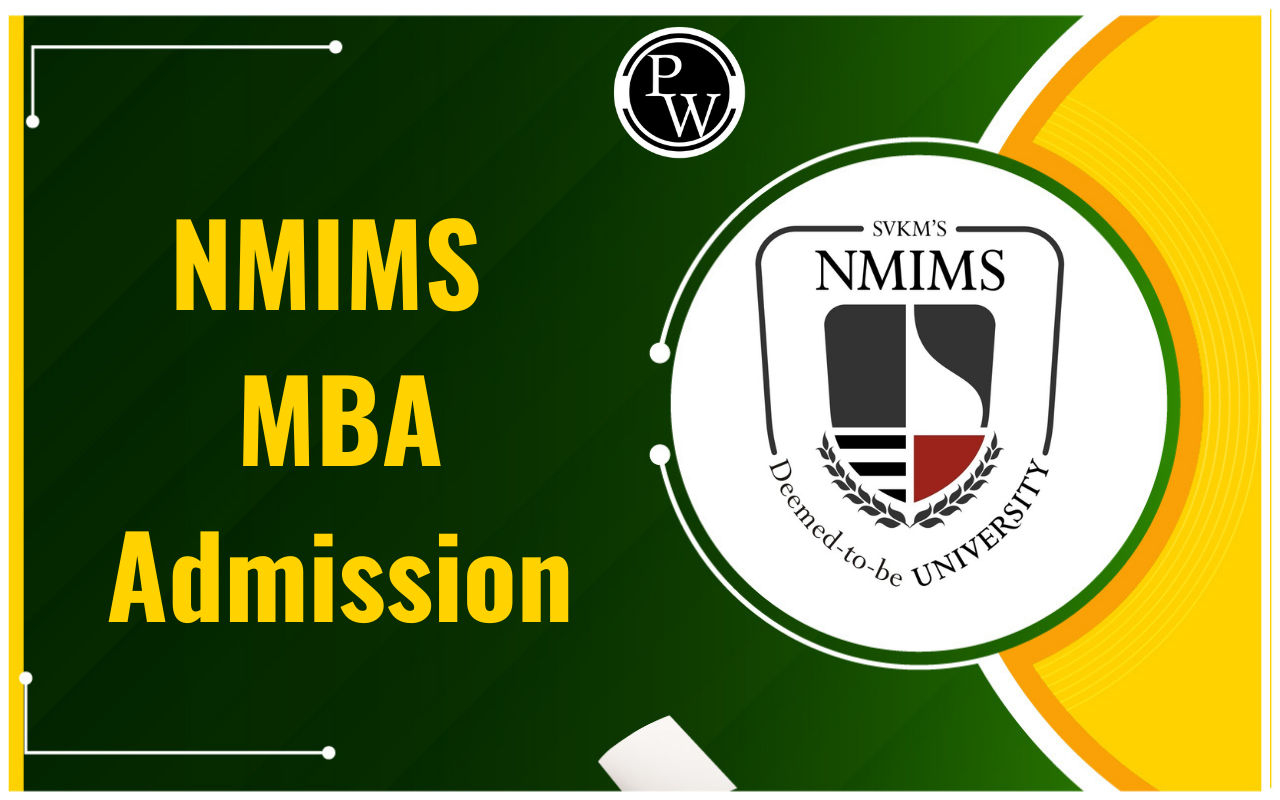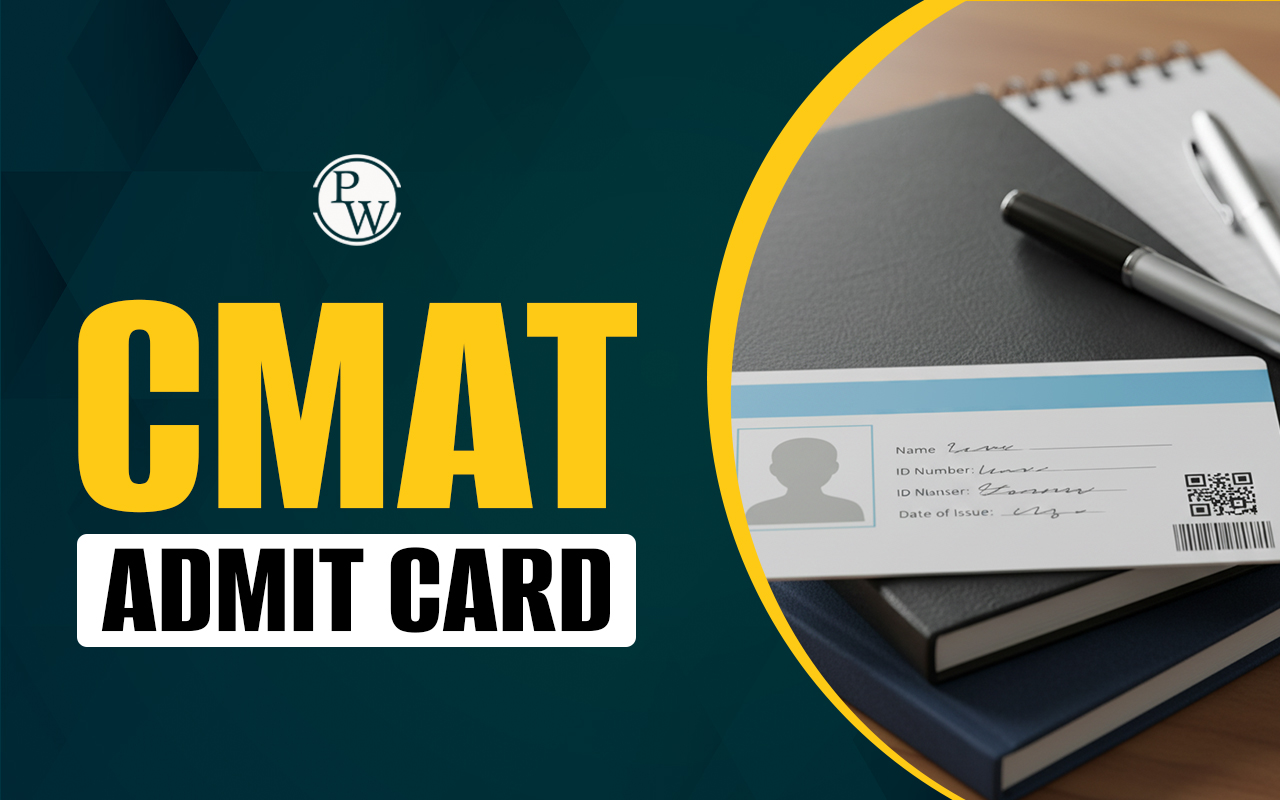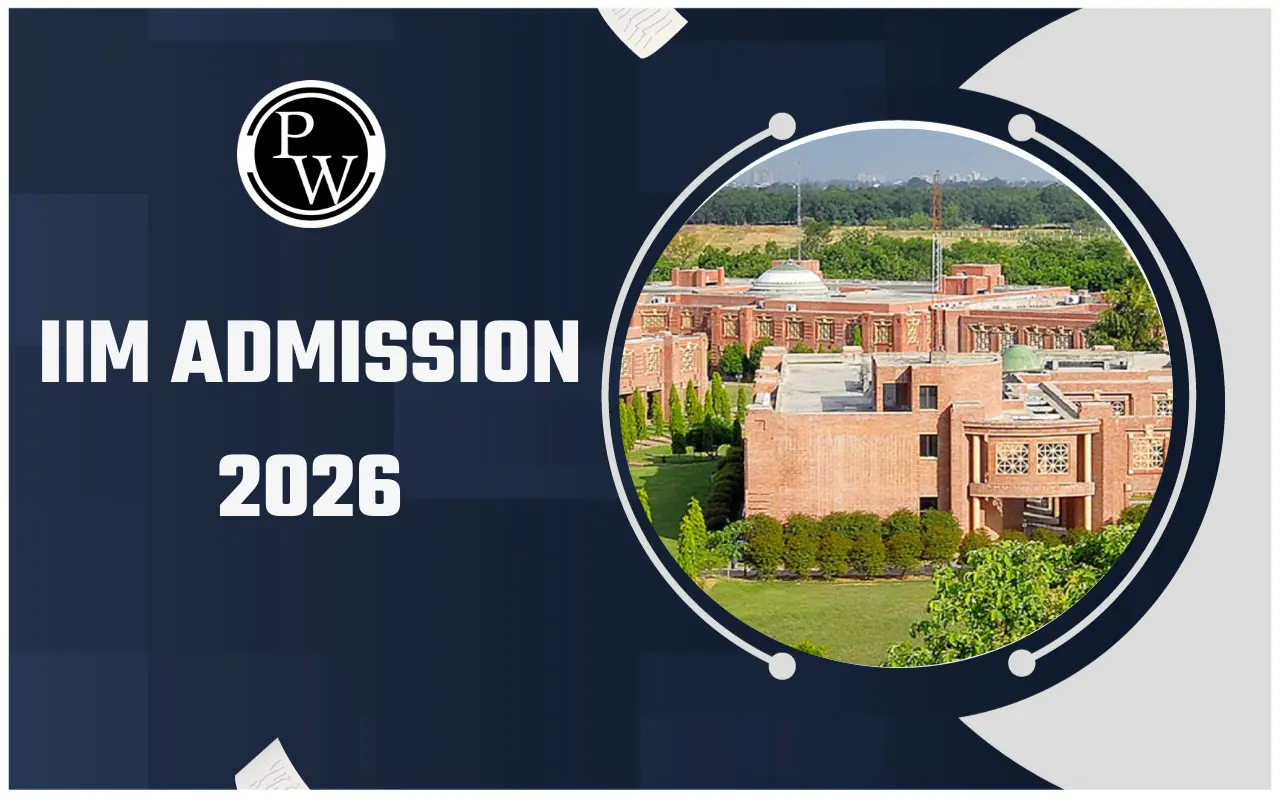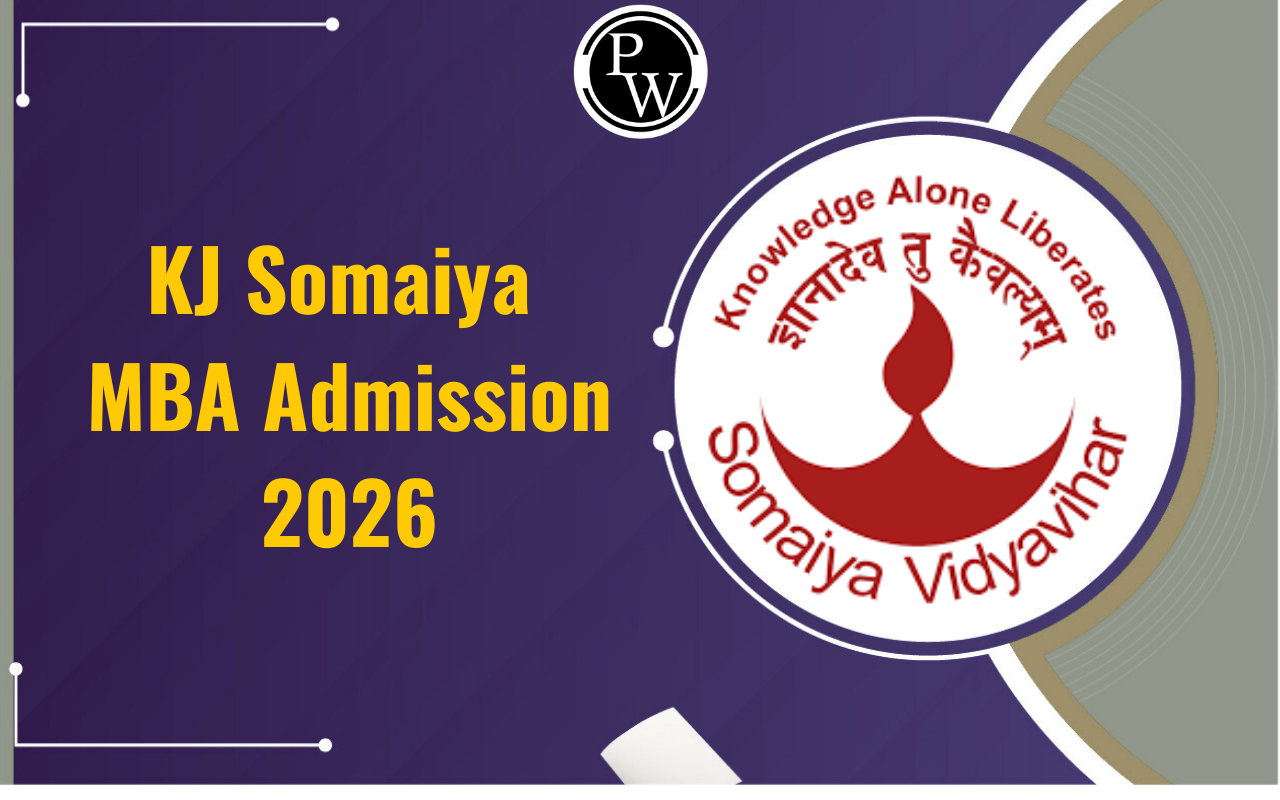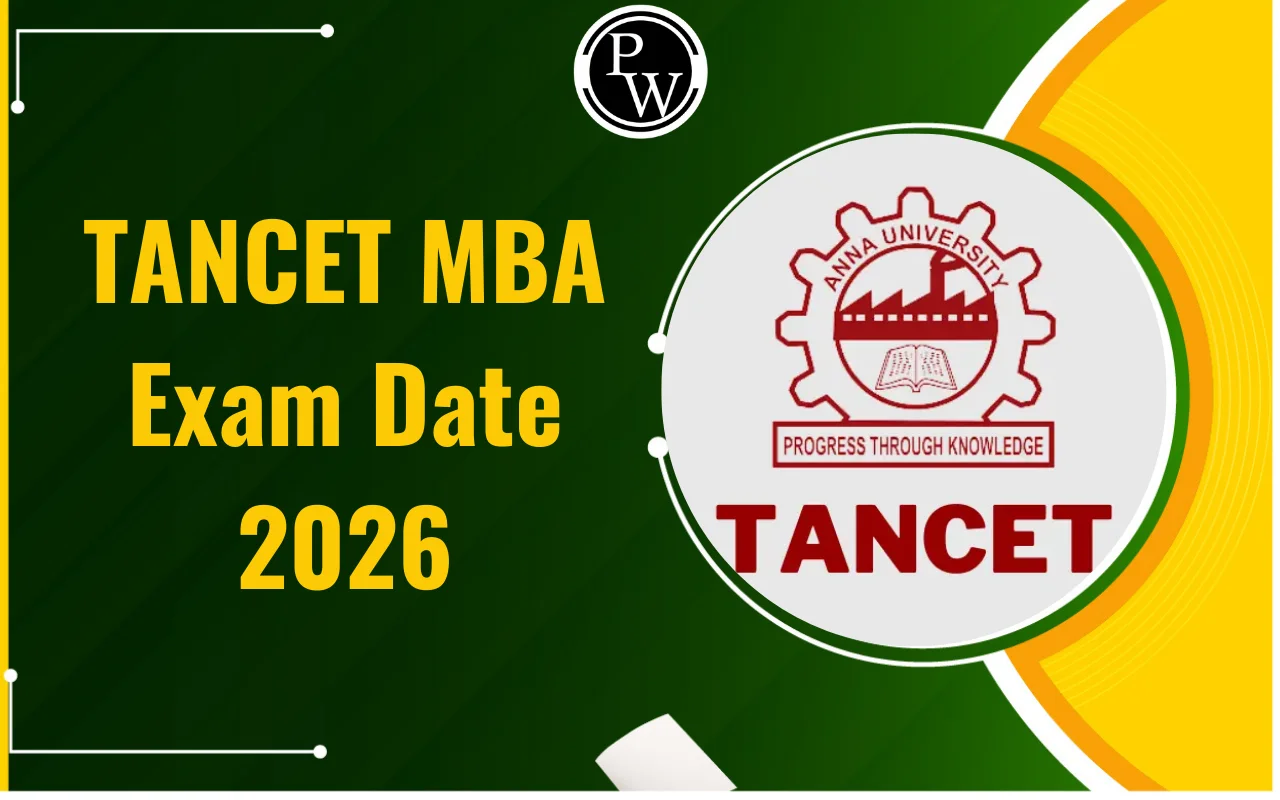
GMAT Cutoff Scores: The GMAT (Graduate Management Admission Test) plays an important role in securing admission to top MBA programs in India, with cut-off scores changing significantly across institutions. Typically, the GMAT cut-off for leading Indian B-schools ranges between 600 and 750.
Top B colleges like the Indian Institutes of Management (IIMs) and the Indian School of Business (ISB) generally require scores above 700. For instance, IIM Ahmedabad, IIM Bangalore, and IIM Calcutta often set their cut-offs around 720 or higher, reflecting their highly competitive standards and the calibre of candidates they attract.
Knowing these cut-off scores is very important for students as it helps them understand their chances of admission and plan their preparation well.
GMAT Cutoff Score
The GMAT cutoff score is the minimum score you need to be considered by various business schools for admission into their MBA programs. While the GMAT is scored between 200 and 800, most top MBA colleges expect a score of at least 650, with elite schools often requiring 700 or higher. Cutoff scores help colleges shortlist candidates, but do not guarantee admission, as other factors like your profile, work experience, and essays are also important. Scoring above the cutoff improves your chances of standing out among other applicants.
Overview of GMAT
The GMAT is scored on a scale of 205 to 805, with the total score comprising four sections: Analytical Writing Assessment, Integrated Reasoning, Quantitative, and Verbal. The average score for admitted students at top business schools typically ranges from 700 to 740.
Importance of GMAT Cut Off Scores
GMAT cut-off scores serve as a benchmark for admissions committees to evaluate candidates. These scores are influenced by several factors, including:- Number of applications received : Higher competition often leads to higher cut-offs.
- Available seats : Limited seats can result in elevated cut-off scores.
- Institution reputation : Prestigious institutions generally require higher scores.
GMAT Cut Off Scores for Indian B-Schools
Indian business schools have varying GMAT cut-off scores based on their admission criteria and competitiveness. Below is a table of the GMAT cut-off scores for some of the leading B-schools in India.| GMAT Cut Off Scores for Indian B-Schools | ||
| College | Program | GMAT Cut Off |
| Indian School of Business (ISB) | Post Graduate Program (PGP) | 710 |
| IIM Ahmedabad | Post Graduate Program for Executives (PGPX) | 700 |
| IIM Bangalore | Executive Post Graduate Program (EPGP) | 695 |
| XLRI | PGDM (Business Management) | 720 |
| SP Jain | Post Graduate Programme in Management | 650 |
| IIM Calcutta | PGPEX | 700+ |
| IIM Lucknow | IPMX | 680+ |
| IIM Indore | EPGP | 700+ |
GMAT Cut Off for ISB
The Indian School of Business (ISB) is one of India's premier business schools, known for its rigorous admission standards. The GMAT cut-off for ISB typically ranges from 710 to 740 , depending on the applicant pool and specific program requirements. ISB emphasizes not only GMAT scores but also work experience, leadership potential, and academic performance.GMAT Cutoff Score for MBA Colleges
MBA colleges set different GMAT cutoff scores depending on their reputation, competitiveness, and the average test scores of admitted students. For top U.S. schools like Harvard, Stanford, and Wharton, the average GMAT cutoff is typically around 720–740, while many top Indian B-Schools expect a score between 700 and 750. Business schools in Europe, Australia, and Canada usually have cutoffs ranging from 650 to 700, but higher scores make your application more competitive. Remember, meeting the cutoff is just the first hurdle; your complete application matters equally for final selection.
GMAT Cutoff Scores for MBA Colleges in India
Globally, top business schools have established high GMAT cut-off scores reflecting their competitive nature. Below is a table summarizing the expected GMAT cut-offs for some of the most prestigious institutions:| GMAT Cut Off Scores for Top Global Business Schools | |
| University Name | Expected GMAT Cut Off |
| Harvard Business School | 735 |
| Stanford Graduate School of Business | 740 |
| MIT Sloan School of Management | 736 |
| Wharton School of the University of Pennsylvania | 738 |
| Columbia Business School | 735 |
| Booth School of Business, University of Chicago | 735 |
| Yale School of Management | 729 |
Factors Influencing GMAT Cut Off Scores
Several factors contribute to the determination of GMAT cut-off scores at both Indian and global institutions:- Application Volume : A surge in applications can lead to higher cut-offs as schools aim to select the most qualified candidates.
- Program Popularity : Programs that attract more applicants may set higher thresholds.
- Economic Conditions : Economic downturns or booms can influence application trends and subsequently affect cut-offs.
- Institutional Reputation : Schools with higher rankings often have elevated expectations regarding candidate qualifications.
Preparing for the GMAT
Preparing for the GMAT requires smart strategies, not just memorization. Here are some easy tips to help:- Know the Sections: GMAT has 4 parts—Quantitative, Verbal, Integrated Reasoning, and Analytical Writing. Learn the question types and strategies for each.
- Practice Timing: Each section has a time limit. Practice managing your time to finish all questions without rushing.
- Assess Strengths: Before starting, know your strong and weak areas and create a study plan.
- Take Practice Tests: Do full-length tests regularly to build stamina and improve weak areas by reviewing mistakes.
- Use Short Breaks: Study briefly during free time, like reviewing notes or solving quick problems.
- Focus on Weak Spots: Spend extra time on tough topics while revising strong ones.
- Control Anxiety: Use relaxation techniques and stay confident.
- Study Smart: Focus deeply for short periods without distractions for better understanding.
- Official Materials: Practice with GMAT guides and official software for realistic preparation.
- Online Courses: Flexible online classes can help busy learners.
Colleges Accepting a 650 GMAT Score in India
While many top-tier institutions require scores above 700, several colleges accept a 650 GMAT score . These include:- SP Jain Institute of Management and Research
- BITS Pilani
- Some programs at IIMs may consider applicants with a score around this mark under certain conditions.
GMAT Cutoff Scores for MBA Colleges in India FAQs
What is the typical GMAT cutoff score for top MBA colleges in India?
Can I get into a good MBA college in India with a GMAT score of 650?
Do all MBA colleges in India have the same GMAT cutoff?
What factors influence GMAT cutoff scores in India?
How important is the GMAT score for admission to Indian MBA colleges?



